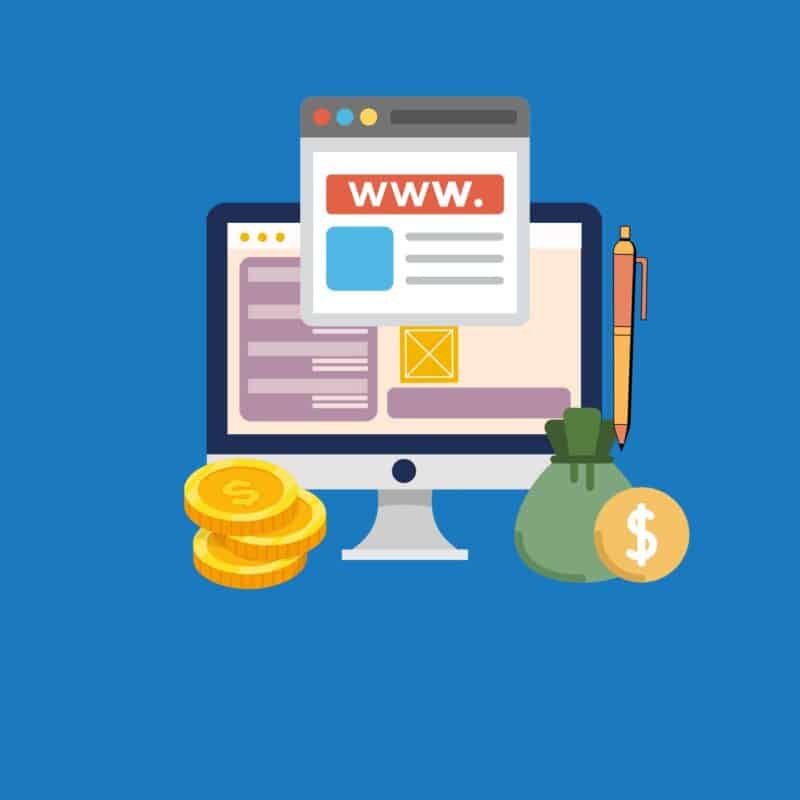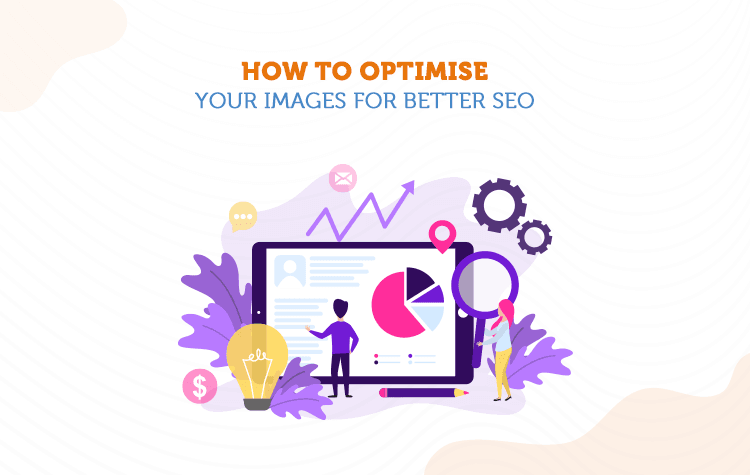As a small business owner, every dollar counts. So it’s tempting to hold off on a website or rely only on social media.
But here’s the thing. Your website isn’t just a box to tick. It’s your digital home base, your sales engine, and the one place you control 100%.
In today’s world, if people can’t find you online, they assume you don’t exist. A website for small businesses builds trust, brings in leads, and works for you around the clock.
In this post, we’ll break down 15 real reasons why a small business website matters, and how it can pay for itself faster than you think.
1. Be found on Google
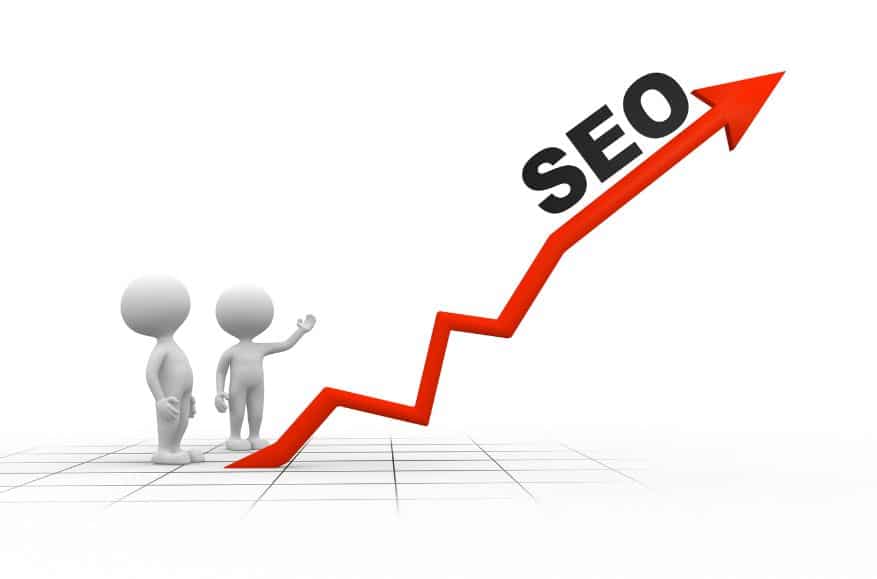
Most people turn to Google when they need a product or service. If your business doesn’t have a website, there’s a good chance they’ll find your competitor instead.
A website gives you a permanent digital home and helps you appear in search results for your name, services, and location. With a strong SEO setup, your site can generate high-quality leads around the clock without spending on ads.
Being found online isn’t just a bonus anymore. For most small businesses, it’s essential for survival.
2. Clear Positioning of Your Service
Your website is the perfect place to clearly explain what you do, who you help, and why someone should choose you.
Many small businesses struggle to stand out, but a well-structured website lets you define your niche, show your value, and speak directly to your ideal customer.
When your messaging is sharp and easy to understand, it builds trust and helps visitors take action faster.
3. Capture leads 24/7

A well-built website works for you even while you sleep.
It gives potential customers a way to ask questions, submit enquiries, or book your services at any time without needing to wait for a callback or opening hours.
With simple tools like forms, calendars, or chat widgets, your website can capture new leads day and night, even on weekends and holidays.
4. Look credible and professional
Your website is often the first impression people have of your business, and first impressions matter.
A well-designed, mobile-friendly site shows that you’re serious, trustworthy, and open for business. It signals professionalism in a way that social media pages or word-of-mouth alone can’t match.
Even if you’re just starting out, a polished website helps you punch above your weight and compete with more established brands.
5. Win local customers

When people search for a service “near me,” they expect to find a local business they can trust.
A professional website helps your small business appear in local search results and builds trust instantly with clear service details, location info, and reviews.
It’s one of the best ways to attract nearby customers who are ready to take action, whether it’s calling, visiting, or booking online.
6. Own Your Digital Presence
When you rely solely on social media or third-party platforms, you’re building your business on rented land.
A website gives you full control over your brand, content, and customer experience without worrying about algorithm changes, platform shutdowns, or restrictions.
It becomes your online home, where people can always find you, no matter what’s trending. You can update and manage everything exactly the way you want.
7. Sell Online
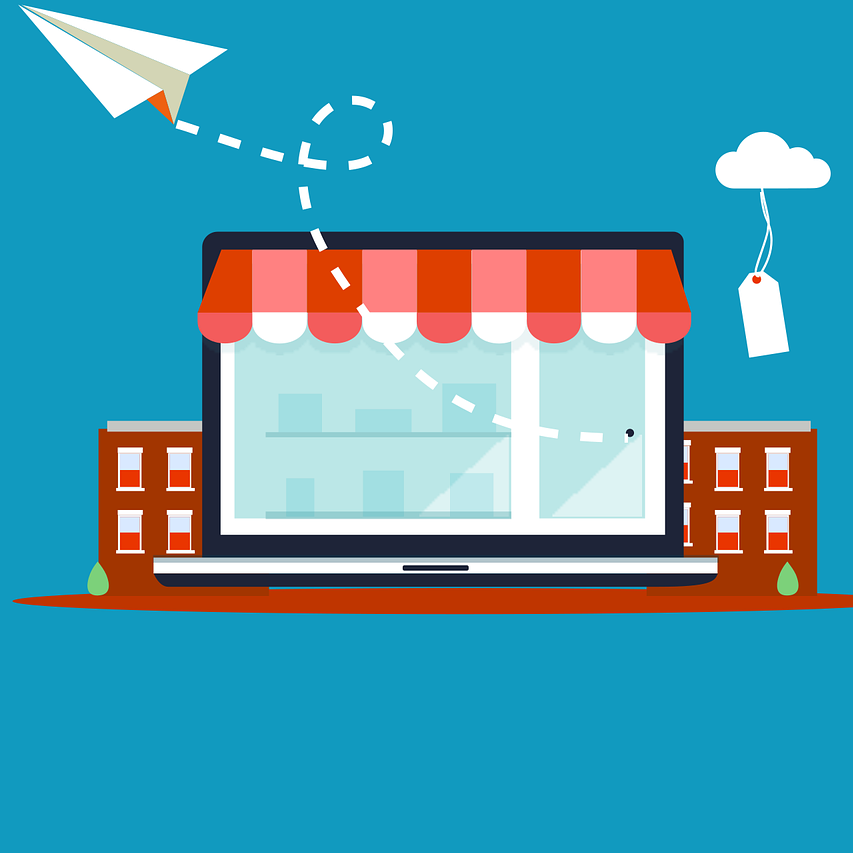
Whether you offer products, services, or bookings, a website makes it easy for customers to pay you anytime.
You can set up a simple online store, accept bookings, or take deposits directly through your site using tools like WooCommerce or Stripe.
It helps you earn even when your physical doors are closed. Plus, it gives customers a faster, more convenient buying experience.
8. Improve ad ROI
A website gives your ads a clear destination so you’re not just paying for traffic, you’re guiding visitors toward a specific goal. Whether it’s a product purchase, a contact form submission, or a booking, your website acts as the conversion engine behind your paid ads.
Without a strong website, you’re essentially sending paid clicks into the void. A high-converting landing page with fast load times, clear messaging, and strong calls-to-action can dramatically lower your small business cost per lead or sale.
This means you get more results from the same ad budget, and that’s smart marketing.
9. Measure what works

A website gives you real data to track what’s working and what’s not. Tools like Google Analytics or heatmaps show where visitors come from, what they click, and how they behave on your site.
This insight helps you make smarter marketing decisions and stop wasting money on tactics that don’t convert. Over time, you’ll start to see patterns like which blog posts drive traffic, which service pages generate enquiries, or which call-to-action buttons work best.
That means you can double down on what delivers results and keep refining what doesn’t. You’ll also be able to test new ideas confidently, knowing you can track the outcome.
10. Scale as you grow
A good website grows with your business. As you expand your services, team, or locations, your site can adapt without needing to rebuild from scratch.
You can start small with a few key pages and gradually add features like booking forms, blogs, eCommerce, or customer portals. Platforms like WordPress make it easy to scale over time without huge upfront costs.
This flexibility means you’re never boxed in. Your website evolves as your business does.
11. Showcase Social Proof
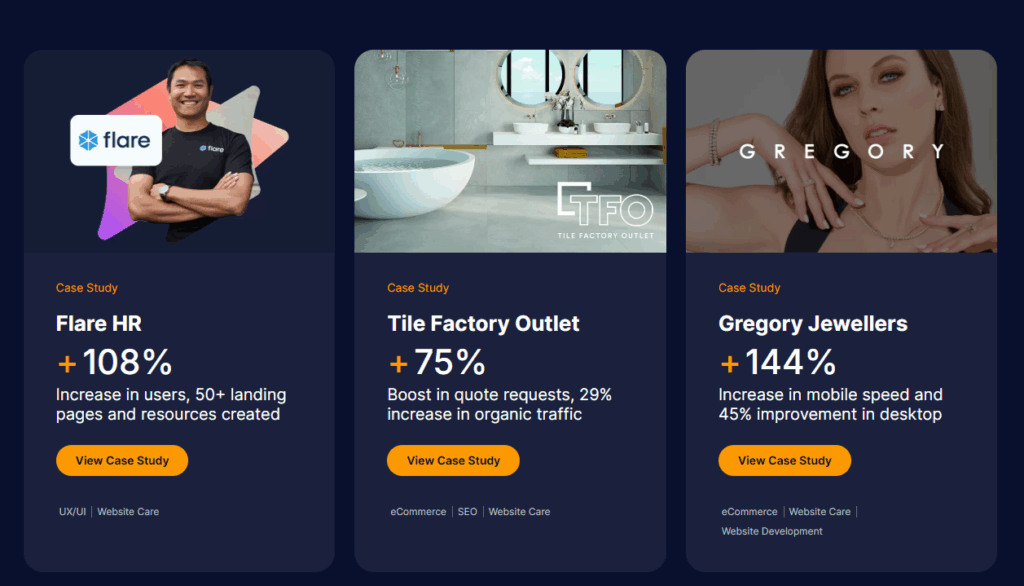
Most people don’t buy from a business they don’t trust. That’s why showcasing social proof on your website is one of the strongest ways to build credibility and influence decisions.
Social proof includes customer reviews, testimonials, case studies, before-and-after photos, awards, media mentions, and even client logos. These real-world signals reassure new visitors that others have had positive experiences with your service.
You can go even further with video testimonials or embedded Google reviews that build even more trust. If you’ve done great work, your website should show it off proudly.
12. Reduce support load
A well-structured website can take a big load off your customer support. By answering common questions, outlining your process, pricing, or policies, you reduce repetitive emails and phone calls.
Think of your website as your first line of support. A clear FAQ, a services page, or even a helpful blog post can save hours of back-and-forth. You can also add features like contact forms, booking tools, or automated replies to handle basic queries.
This helps you save time, stay organised, and focus on higher-value conversations.
13. Updates And Announcements

Your website is the perfect place to keep your customers in the loop.
Whether you’re launching a new product, updating your services, or changing your opening hours, you can share it all in one central, accessible location.
Unlike social media, your website isn’t limited by algorithms or character counts. You control the message and how it’s presented. Add a blog, news section, or even a homepage banner to highlight what’s new and keep your audience engaged.
It builds trust and keeps your business top of mind, especially for repeat customers.
14. Serve New Markets
A website allows you to expand beyond your local area and reach customers wherever they are.
With the right messaging, SEO strategy, and content tailored to your ideal audience, you can attract buyers from different suburbs, cities, or even countries. For product-based businesses, this could mean setting up eCommerce with shipping tools. For service-based businesses, it could mean reaching clients through online bookings or consultations.
Your website becomes your virtual shopfront, which is accessible 24/7 to anyone who needs what you offer. That means more visibility, more enquiries, and more opportunities to grow without being tied down to one location.
15. Make PR Easy
When journalists, partners, or collaborators look into your business, your website is often the first place they check. A clean, up-to-date site gives them everything they need without chasing you for assets or background details.
You can use your website to host a press kit, publish recent announcements, and showcase achievements or awards. This saves time and puts your business in the best light when opportunities come your way.
By having a central hub of verified and professional content, you control the narrative and make it easier for media outlets to feature you. It’s a smart move that supports both visibility and credibility.
What Does a Good Small-Business Website Include?
A good small-business website is more than just a digital brochure. It’s your online salesperson, built to attract visitors, explain your offer clearly, and convert interest into action.
Whether someone finds you on Google or hears about you through word of mouth, your website is often the first place they’ll go to learn more.
Here’s what a good small business website should include:
- A clear explanation of what you do and who you help
- Clean, modern design that reflects your brand and industry
- Strong calls-to-action with contact forms, click-to-call, or booking tools
- Trust signals like testimonials, reviews, and certifications
- Mobile-friendly layout that works on all screen sizes
- Search engine–friendly setup so people can find you online
- Useful extras like blogs, online payments, or eCommerce features (if relevant)
It’s also important that your site is easy to update and manage as your business grows. The cost of a WordPress website is often lower compared to platforms with monthly fees or limitations. If you’re still deciding who to hire, read our guide to choosing the right web designer for a Melbourne small business.
When done right, your website works for you 24/7. It builds trust, handles enquiries, and turns visitors into customers without extra effort from you.
If you’re wondering what not to do with your small business website, our guide on “Horrible Mistakes You’re Making With Your WordPress Website” could be of help.
Get a Small Business Website That Works as Hard as You Do
When you’re running a small business, your website needs to pull its weight. It should clearly explain what you do, help people find you online, and give customers a reason to choose you over the competition.
At Nirmal Web Studio, we create custom WordPress websites that do exactly that. If you’re selling products or services online, we also offer WooCommerce and full eCommerce website development. From secure payments to a seamless shopping experience, we make it easy for small businesses to sell online.
Once your site is live, you’re not on your own. We provide website support and maintenance, so you’re never left dealing with tech issues alone.
Ready to build a website that works as hard as you do? Get in touch for a free chat and fixed-price quote.

